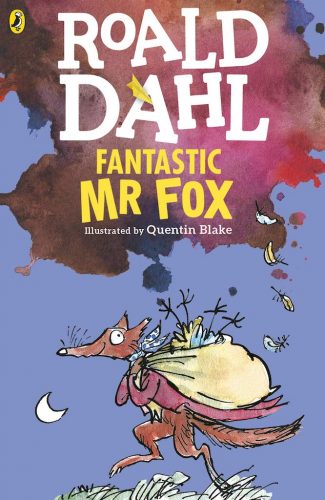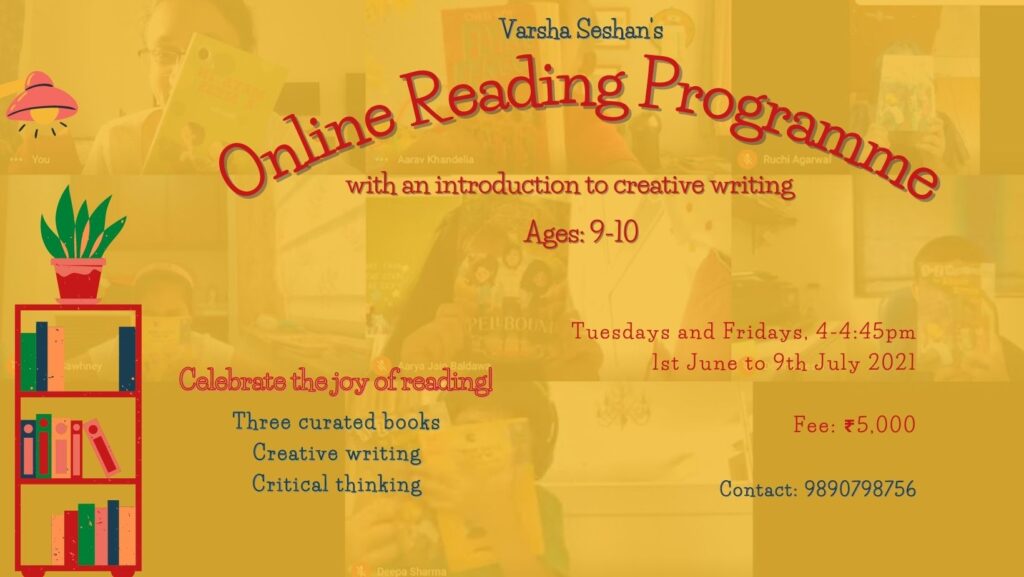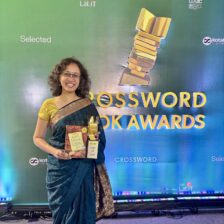Fantastic Mr Fox is a classic. And the combination of Roald Dahl and Sir Quentin Blake is magic.
I’ve never yet chosen a Roald Dahl for my reading programme because I reckoned that most children would already have been exposed to his books, and a book club is about discovering books you haven’t read before. Yet, as I mulled over what to include this time, I asked myself, again, what the purpose of a reading programme is. Often, I use the tagline ‘Celebrate the joy of reading’. If it’s about the joy of reading, how can I not include books I’ve adored and devoured as a child?
Rereading Fantastic Mr Fox now, I’m astounded at how much I liked it when I was younger. I was never one to like disgusting humour. I didn’t like toilet jokes. I didn’t like anything that was yucky. What made Dahl different?
I think, possibly, it was the fact that the disgust was not the point of the story. Also, when Mr Fox and family are so dapper, the whole thing made sense in my neat and orderly universe.
At my reading programme, I’m going to explore all this. I’m going to explore why I loved Dahl as a child and why I still admire his books today.

Literary Devices
This reading programme has a strong element of creative writing. With Dahl, there’s so much we can do to play with figurative language!
- Fantastic Mr Fox
Boggis, Bean and Bunce - thin as a pencil
dead as a dumpling
What better way to understand and explore language and wordplay?
Animal Stories
I would love to say that all children love animal stories, but I am wary of generalising. I do know, however, that practically every child I’ve met loves animal stories.
Though this is not a full-fledged writing programme, I do introduce the concept of genres. Animal stories can take so many different forms. I’ve worked with The Sheep-Pig before; it’s time to do Fantastic Mr Fox. My head is exploding with ideas of written activities we could do – anthropomorphic characters, environment stories, traditional tales of wit … Let’s see what the children come up with!
Humour and Disgust
Humour is close to impossible to teach. Often, when we begin to dissect humour, it is no longer funny. At the same time, however, I think conversations about humour are enlightening.
Why do some things appeal to us while others appeal to someone else? Is there a clear distinction between quirky and odd? Can anyone identify what humour is all about or understand how disgust is linked both to humour and to horror?
Join the programme!
REGISTRATIONS ARE NOW CLOSED FOR THIS PROGRAMME. The next edition of the programme will be held in August.
If you would like to receive email notifications when I launch new batches, please fill this form. Alternatively, follow me on social media – Facebook, Instagram and Twitter – for regular updates.


Leave a Reply